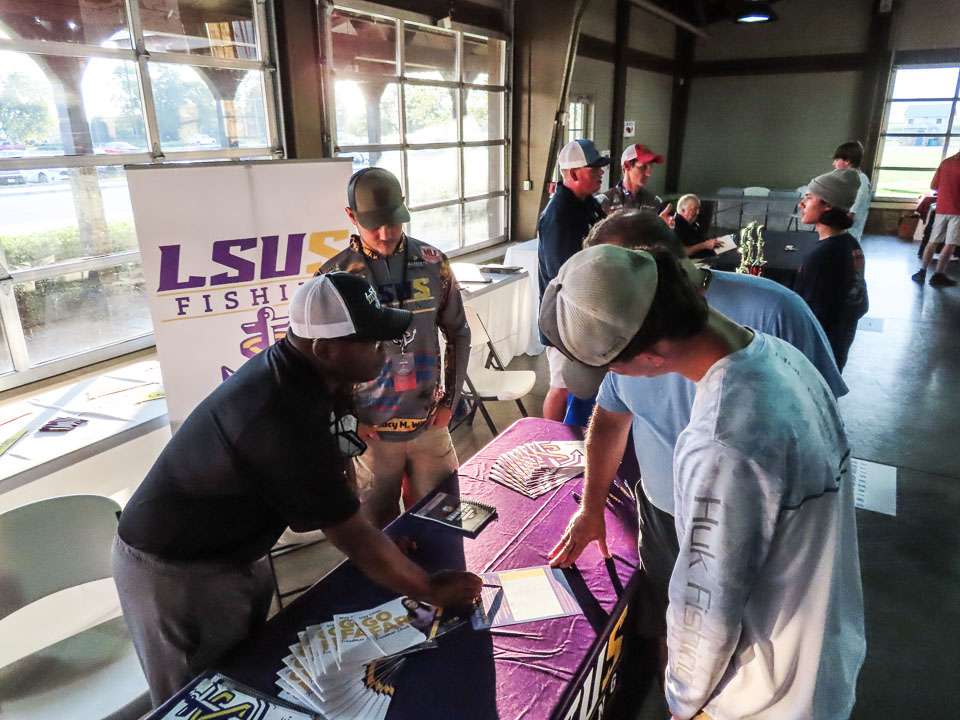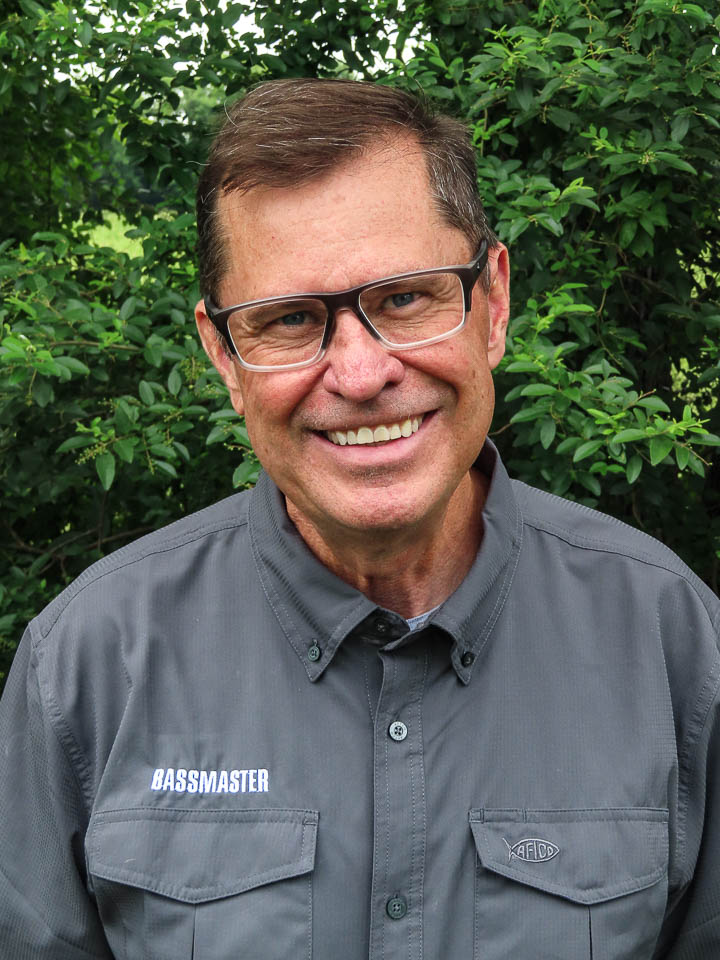
The Abu Garcia High School Combine, the first of its kind in bass fishing, provides a unique setting for coaches from 20 championship-caliber colleges to assess the fishing skills of 85 anglers from 28 states. They will have that opportunity Oct. 16-17, in Decatur, Ala., at the event conducted by B.A.S.S.
The setting allows coaches to evaluate the nation’s top high school anglers as a group and individually. Recruits will perform multiple tasks to demonstrate their skills on and off the water, while also displaying their knowledge of the sport. Afternoons will be set aside for coaches to have a second look at recruits.
Assessing mechanical skills and knowledge of the sport are recruiting fundamentals. However, other aspects of the recruiting process are equally as important to the coaches.
They will be keenly focused on recruits’ character, personality and academic goals, and how those attributes fit into the campus culture of a given college.
“Most of the anglers we look at have advanced skill sets on the water, but we are really looking for the anglers who desire the full college experience,” said Connor Smith, athletic director and team coach at Dallas Baptist University.
The school has awarded scholarships since 2011, and the Patriot Bass Fishing Team has competed in multiple regional and national championships.
“We are a complete program, looking for men and women who will make a difference, both on and off the water,” said Smith.
What else matters to coaches is academic performance. Many colleges require student athletes to maintain a minimum Grade Point Average, or GPA, to either travel with the team or to compete in the program. Among those is Bryan College, in Dayton, Tenn., a national championship winner and perennial powerhouse.
“We have a requirement for maintaining a certain GPA to travel with the team,” said Mike Keen, coach of the fishing team. “We are looking for students who are serious about coming to get a quality college education.”
Bryan College is among the dozen colleges represented at the combine with a Christian-based culture, adding another dimension to the recruiting process and what recruits should consider when seeking scholarships.
“We want our students to grow in their spiritual life, and if they don’t have one, then we try to introduce them to it,” said Keen. “We are looking for prospects that are willing to demonstrate high moral values, that are open to us helping them develop those qualities.”
How student athletes represent the university to the public is another high expectation at colleges like Bryan College.
“We want them to understand they are representing not only themselves, but the university, their church, the student body and even alumni,” said Keen. “We look for great talent, and it’s very important, but we also want good, solid moral values and character in our student athletes.”
Academics are also high on the list of considerations a Wabash Valley College, in Mount Carmel, Ill.
“First, I look for anglers desiring a quality education,” said Todd Gill, coach of the fishing team. “If they will not be able to accomplish their educational goals, they will not be satisfied on the water.”
Gill, and his peers, recognize that adjusting to college life can be complicated socially and academically. The unique aspects that come with bass fishing can make transitioning more challenging.
“We don’t travel on a team bus, so there is the added responsibility of individuals driving to a tournament lake, pulling a very expensive bass boat, and dealing with all the nuances the pros do with traveling,” he said. “Accepting responsibility, maturity and how they handle life away from campus, and do it in a competitive atmosphere, is important, too.”
Drew Pridgen, coach at Lander University in Greenwood, S.C., looks at personality and character traits as he moves toward a decision.
“First and foremost, I look at how they carry themselves, how they approach other people, and their confidence levels,” he said. “The more confident they are, the more noticeable they will be to the coaches.
Hunter Sales, a Carson-Newman University alumni, former member of the fishing team and now its coach, recognizes the value of teamwork when assessing prospects. Transitioning out of a boat captain environment to a team atmosphere is the reason why.
“At least 50 percent of my focus in recruiting is on the character values of the individual, and how they can transition into a team environment,” he said. “Our team culture is what has allowed us to be so successful, from communications skills, to recognizing how each angler’s different fishing strengths add up to team success.”
Sales continued, “I would take a prospect with borderline skills, but an impressive work ethic over a recruit with all the skills.”
The takeaway for recruits is character, personality, moral and academic goals are equally as important as possessing advanced fishing skills when a college scholarship is the goal.





